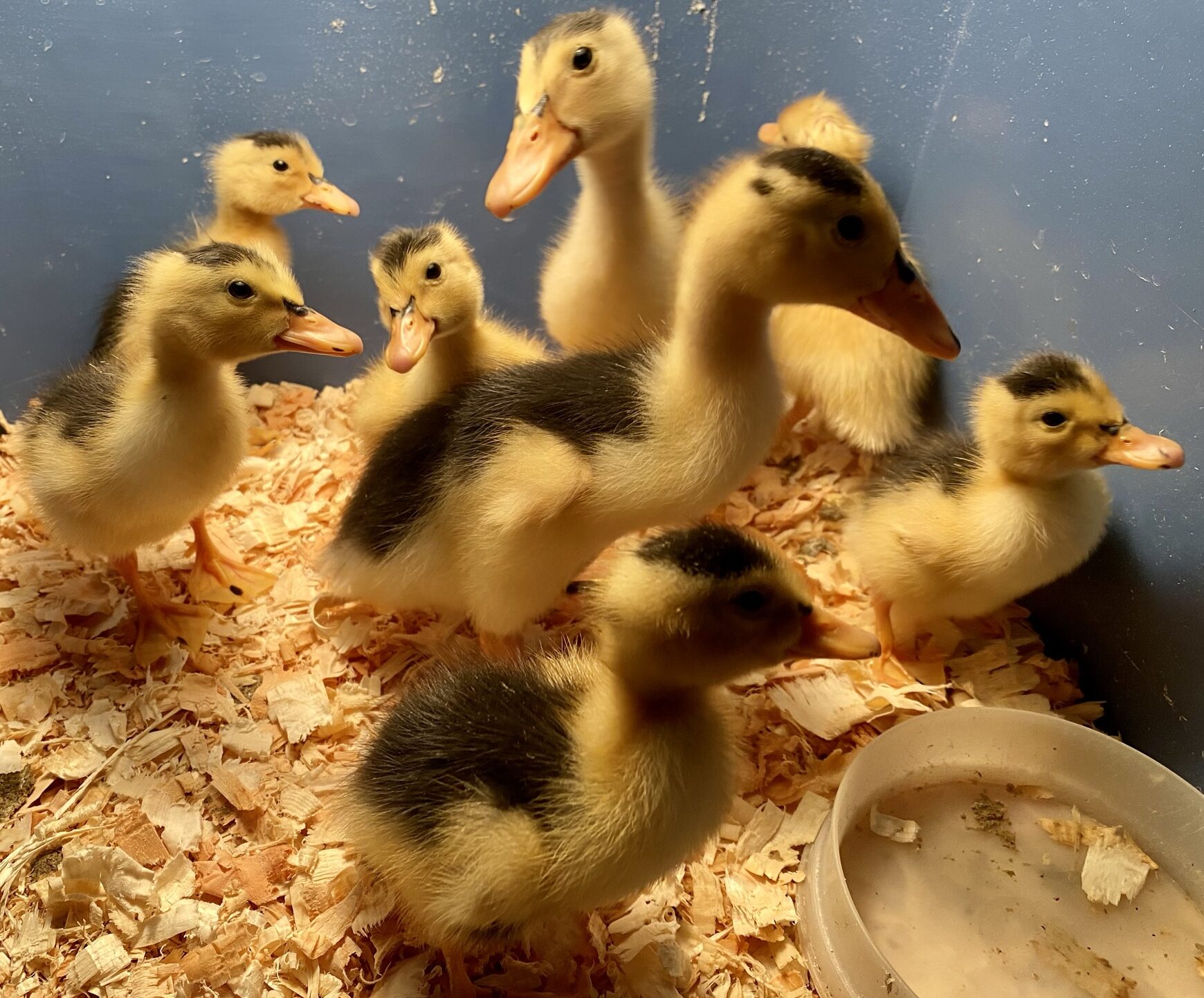Magpie Ducks: Tips for Success Part 2
This is part two of an article by Matthew Smith on Magpie ducks, click here to read part one.
Hatching and Incubating
I have done both natural and artificial incubation with my Magpie ducks over the years. As most breeds, some of the females are great natural mothers whereas others do not have that quality! I usually try to wrap up my breeding season by giving the females the choice to sit on a clutch of eggs and raise their own ducklings. Those that do choose to incubate and raise their own young are phenomenal mothers, from my experience. There is something special about watching ducks hatch and raise their young!
Magpie duck eggs artificially incubate fairly well, from my experience. I have had challenges with them at the hatching stage and sometimes they require assistance. My favourite incubator for them has been my trusty Genesis Hovabator, and then I use a Brinsea octagon 40 for hatching them in. I like the Brinsea for hatching as it has a humidity pump which makes keeping the humidity high much easier, and cleaning it between hatches is quite simple. I have tried eggs in my Brinsea cabinet incubator, but I don’t get the same success rate as when I use the Genesis Hovabator.

Feeding
Feeding Magpie ducks is fairly simple and similar to other domestic ducks, from my perspective. For my adult birds, they get a mixture of flattened oats and prepared ration throughout the year with the ratio changing as the birds’ needs change. To help with laying/breeding and to prepare for winter they usually get 60-70% prepared ration and 30-40% flattened oats, but during the summer and show season it is usually 50-50 or sometimes a bit higher amount of oats if they are a bit plump still from the winter or breeding season.
Something Magpie ducks really thrive with is access to pasture space. They love working a field and eating grass and bugs, and playing in puddles! If you are able to let them graze, the amount of prepared feed they consume will dramatically drop. With my flock, I can only let them out to pasture when I am in the yard due to predator problems, but nonetheless it is probably their favourite part of the day! I have raised other domestic duck breeds, and none of them have enjoyed grazing or been as active of foragers as Magpie ducks.
These are just some of the insights and tips that I have learned over my time raising Magpie ducks, and other breeders may have different opinions or other ways of raising this breed. I look forward to raising this breed for many years to come still and to continue honing my skill and knowledge of the breed.
By Matthew Smith
